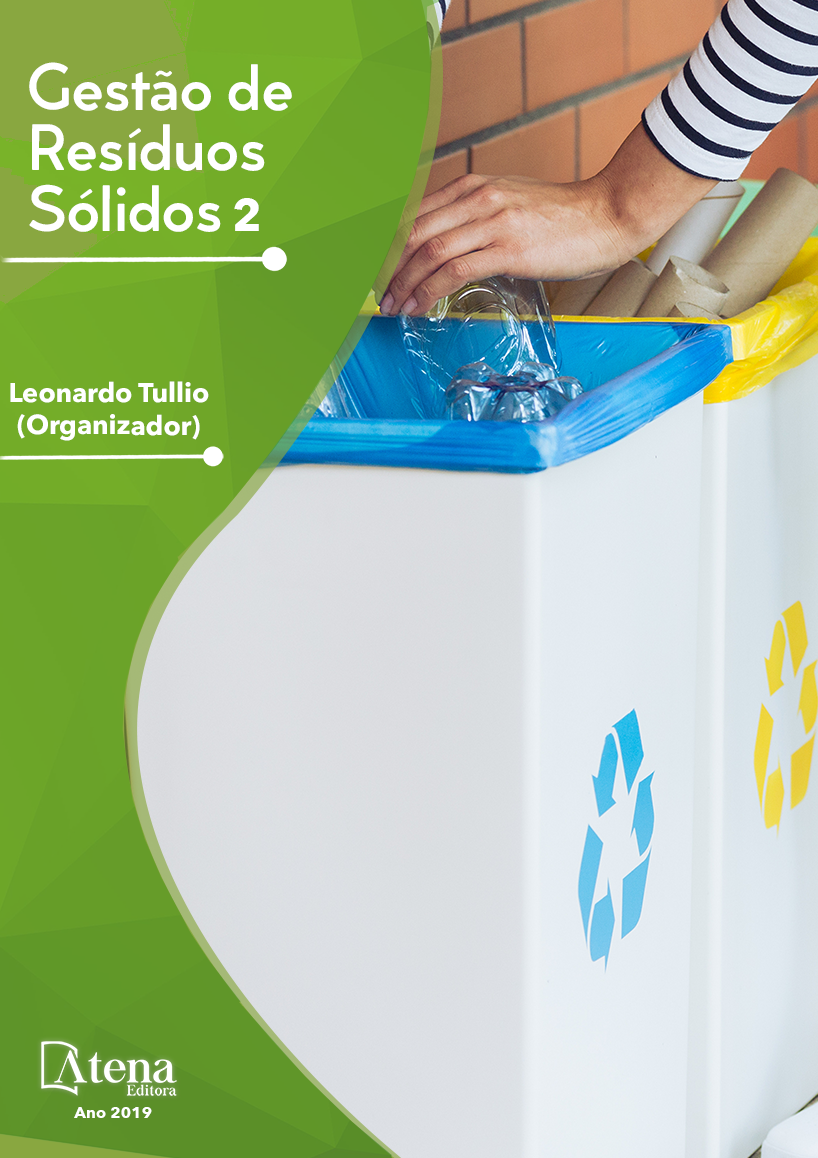
UTILIZAÇÃO DE CARVÃO DE CAROÇOS DE BUTIÁ (Butia capitata) COMO MEIO DE PURIFICAÇÃO ALTERNATIVA DE ÁGUAS PARA CONSUMO HUMANO
A água é um elemento natural
essencial à vida no planeta, mas a utilização
inadequada interfere ao acesso a água de boa
qualidade. As áreas rurais ou de difícil acesso
tem sido pauta de muitas discussões em vários
órgãos públicos. A construção e técnicas de
tratamento de água para pessoas que sofrem
com difícil acesso é muito importante e, uma
sugestão é a construção de um filtro produzido
através de carvão de caroços de butiá (Butia
capitata). Como a presença desta palmeira
nativa é farta e seus frutos abundantes e,
o endocarpo semelhante ao utilizado em
pesquisa premiada no Jovem Cientista de 2013
(Ensino Médio), motivou a repicagem deste
projetopremiado. Com o objetivo de tratar águas
superficiais de locais com água escassa com
qualidade duvidosa, priorizando o meio rural
e outros que não são abastecidos de forma
regular pelo sistema público, foram testados 6
tipos diferentes de carvões: endocarpo in natura
com e sem amêndoa, endocarpo ativado com
hidróxido de sódio 1 molar com e sem amêndoa
e, por último endocarpo ativado a vapor em
autoclave com e sem amêndoa. Nos filtros
contendo os carvões foi utilizada a mesma água
bruta coletada do rio Vacacaí (São Gabriel/
RS), mas os resultados apontaram que novos
ajustes devem ser feitos, para que o carvão
não seja carreado durante a passagem da
água pelo meio filtrante. Os valores alertam que
os carvões ativados com Hidróxido de Sódio,
mesmo lavados em abundância, aumentam o
pH da água filtrada, preocupando com relação
a sua ingestão
UTILIZAÇÃO DE CARVÃO DE CAROÇOS DE BUTIÁ (Butia capitata) COMO MEIO DE PURIFICAÇÃO ALTERNATIVA DE ÁGUAS PARA CONSUMO HUMANO
-
DOI: 10.22533/at.ed.8861914032
-
Palavras-chave: Carvão, Butia capitata, inovações, tratamento de água.
-
Keywords: Coal, Butia capitata, innovations, water treatment
-
Abstract:
Water is a natural element essential
to life on the planet, but inadequate use interferes
with access to good quality water. Rural areas
or difficult access have been the subject of
many discussions in various public agencies.
The construction and techniques of treatment of
water for people suffering with difficult access
Gestão de Resíduos Solídos 2 Capítulo 2 14
is very important and, a suggestion is the construction of a filter produced by coal of
butia stones (Butia capitata). As the presence of this native palm tree is abundant and
its fruits are abundant, and the endocarp similar to the one used in award-winning
research in the Jovem Cientista 2013 (High School), motivated the repication of this
design project. In order to treat surface water from poor water quality sites, with priority
being given to the rural environment and others that are not regularly supplied by the
public system, 6 different types of carbon were tested: endocarp in natura with and
without almond, endocarp activated with 1 molar sodium hydroxide with and without
almond and, finally, autoclave-activated endocarp with and without almond. In the filters
containing the coals the same raw water collected from the Vacacaí river (São Gabriel/
RS) was used, but the results indicated that new adjustments must be made so that
the coal is not carried during the passage of water through the filter media. The values
warn that activated carbon with sodium hydroxide, even when washed in abundance,
increases the pH of the filtered water, worrying about its intake.
-
Número de páginas: 15
- Ferdinando Bisogno de Castro
- Maick Bravo da Silva
- Paulo Roberto Diniz da Silva
- Daniela Lilge Silva
- Beatriz Stoll Moraes


